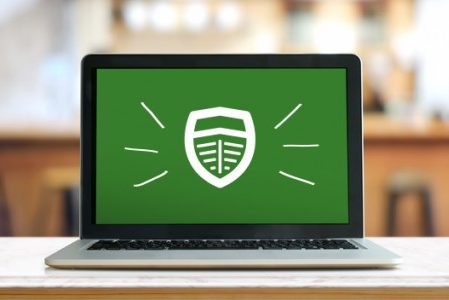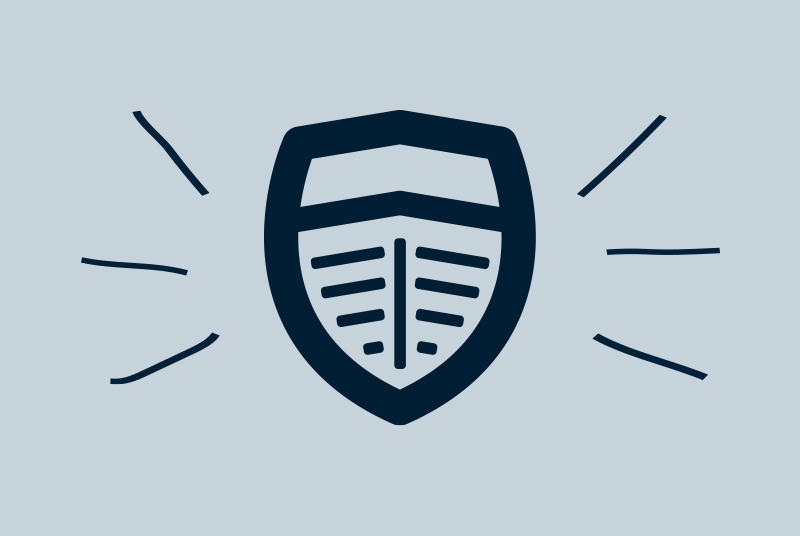Security
Be Wary of Tech Support Scams
Cybercriminals often send fraudulent email or text messages, or call and claim to be from Microsoft, Apple, your anti-virus company or internet provider. They may even set up fake online pop-ups with warning messages to call and get the “issue” fixed. They offer to help solve your computer problems or sell you a software license....
Security
Don’t Let Your Checks Get Washed
Anyone who writes and mails a check is at risk for fraud. Longer lasting gel or hybrid ink is harder for fraudsters to clean off in their efforts to change the recipient and/or dollar amount. Write your checks with anti-fraud ink to help keep them intact and protect yourself from potential losses. Be sure to also:...
Security
Protect Yourself from Peer-to-Peer (P2P) Related Fraud
Peer-to-peer (P2P) payment apps like Zelle, Venmo and CashApp enable users to conveniently send money quickly — and fraudsters aren’t afraid of exploiting them. P2P related fraud has been on the rise in recent years, with bad actors finding creative ways to exploit P2P payment apps. These schemes include phishing, smishing, vishing, spoofing phone numbers,...
Security
SBA COVID-19 Relief Scams and Fraud Alerts
Please be aware of a variety of malicious attempts by cyber-criminals taking advantage of the Small Business Administration (SBA)’s COVID-19 relief efforts to gather sensitive information and steal funds from businesses. Always think before you click! Grants/Loans The SBA does not initiate contact on either loans or grants. If you are proactively contacted by someone...
Security
Unemployment Insurance Program Targeted by Fraudsters
The US Secret Service is warning of a well-organized fraud ring exploiting the COVID-19 crisis in order to commit large-scale fraud against state unemployment insurance programs. Individuals are receiving multiple deposits from various State Unemployment Benefit Programs. It is assumed the fraud ring behind this possesses a substantial database of Personally Identifiable Information (PII) in...
Security
Coronavirus Phishing Scams
Beware of COVID-19 emails that appear to come from reputable sources, such as the Centers for Disease Control (CDC) and World Health Organization (WHO). The body of these emails often contain recent news and updates related to the Coronavirus. These emails ask you to click on links for more detailed information – but actually link...
Security
Beware of COVID-19 Scams Using the FDIC’s Name
During these unprecedented times scammers are using false information regarding the security of people’s deposits or their ability to access cash to perpetuate fraud schemes. The FDIC does not send unsolicited correspondence asking for money or sensitive personal information. The agency will never contact you to ask for personal details, such as bank account information,...
Security
Recent Business Fraud Activity
The following types of business fraud have been on the rise. As always, we encourage you to be on the lookout – and to be diligent in your verification process. Wire Fraud We’ve seen an increase in business wire fraud from criminals intercepting valid wire request emails and altering the payment instructions. Never wire money...
Security
Social Security Is Not Trying To Take Your Benefits
Scammers are making calls posing as someone from the Social Security Administration and telling people that their Social Security Number or Benefits will be suspended. The goal of this scam is to convince people to send money, often in the form of gift cards. What to do: Hang up – do not answer any questions...
Security
Beware of Fake Equifax Data Breach Settlement Websites
The Equifax Breach, and subsequent settlement, has received a lot of media attention. Scammers are seizing this opportunity to establish fake settlement sites. Don’t follow email links or web search results. Refer to the FTC’s website for claim information, including officially approved links: www.ftc.gov/Equifax Scam Calls, Texts, and Emails Scammers are making calls and sending...
Security
Beware of One-Ring Scams
Have you ever had your phone ring once and then stop? If so, you may have been targeted with what is known as a one-ring scam. What is a One-Ring Scam? Scammers ring once hoping you will think you missed a call and call back. The call may appear to originate from the U.S. with...
Security
How To Shop Online Safely
As more consumers decide to shop from the comfort of their homes, scammers are finding ways to take advantage of online shoppers. There are three common ways that scammers can take advantage of online shoppers: Creating fraudulent sites and email messages – The benefit of shopping at a physical store is that you know where...
Security
Personal Online Banking Security Tips
Protect yourself when banking online with these tips. Get Serious About Passwords Make your passwords long, strong and complex. That means at least eight characters, mixed with uppercase and lowercase letters, numbers, and special characters. Avoid using common words, phrases or personal information. Use different passwords for all of your accounts so if hackers compromise...
Security
New Fraud Protections Now In Place
To provide further protection, customers will now receive text and email messages if suspicious purchases are detected. We will ONLY ask you to verify whether the purchase is valid or not. We will not ask for account or personal information. Customers are encouraged to provide updated mobile phone numbers and email addresses by contacting the...
Security
Spectre and Meltdown – What You Need to Know
Hackers are always ready to exploit any opportunity to steal and misuse information. Two recently identified security flaws could allow hackers to steal sensitive data without your knowledge. Meltdown and Spectre exploit critical vulnerabilities in computer processors to allow programs to steal data processed on a computer. This might include passwords stored in a password...
Security
Facts About the Equifax Data Breach
Facts About the Equifax Data Breach Equifax Data Breach Equifax, one of the three largest credit reporting bureaus, recently identified a data breach potentially impacting more than 140 million U.S. consumers. The incident transpired from mid-May through July of this year. Here are some important facts you should know to protect yourself. What...












